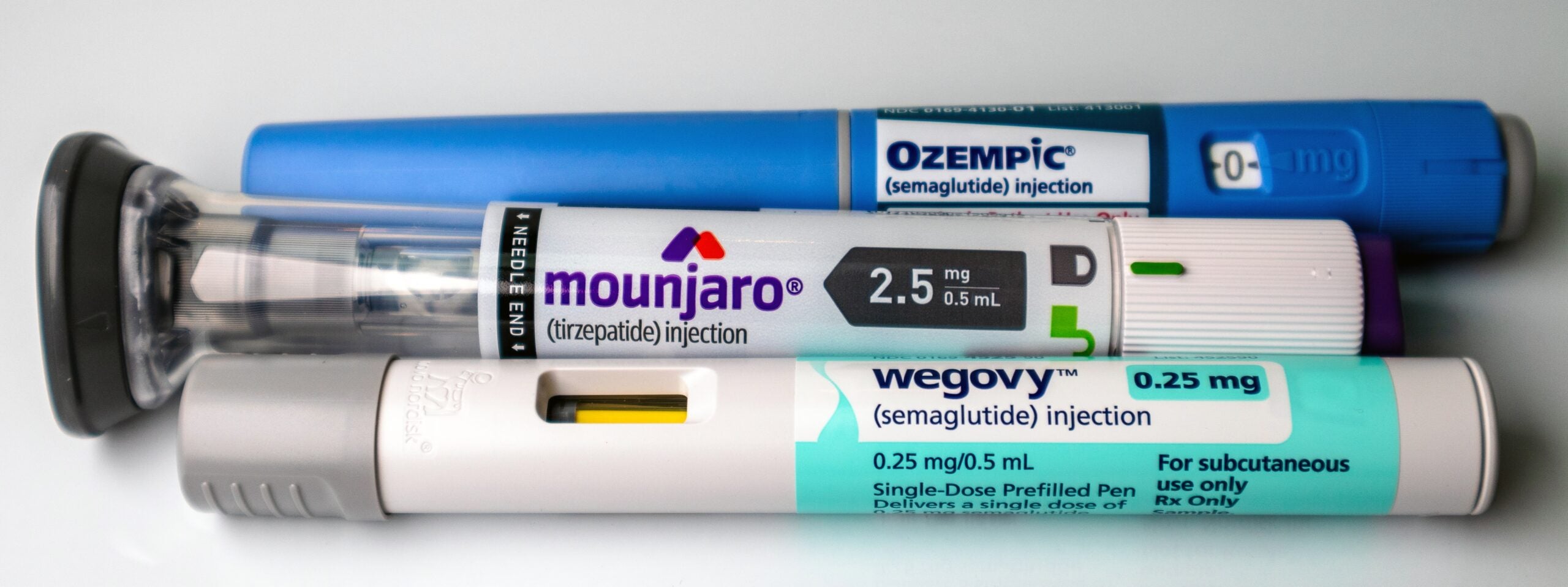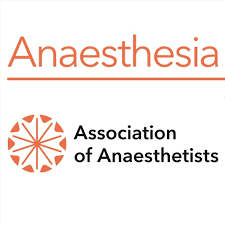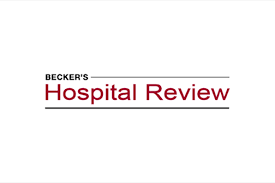
With the explosion of GLP-1–based therapies for type 2 diabetes and weight loss, perioperative nursing teams, especially in the preoperative and postanesthesia care areas, need to be fluent in recognizing these medications. Some patients may arrive on these agents—or even novel oral GLP-1s—and the physiologic effects, especially delayed gastric emptying,…

Editor's Note Glucagon-like peptide-1 (GLP-1) receptor agonists may offer orthopedic patients with obesity and type 2 diabetes a powerful tool for preoperative weight loss and potential disease modification, according to a July 10 review article in The Journal of Bone and Joint Surgery. However, the agents carry perioperative risks that…

Editor's Note Research shows using GLP-1 receptor agonists both before and after bariatric surgery is associated with greater total weight loss than surgery alone, according to a July 13 article in MedPage Today. The article focuses on a retrospective analysis of 568 patients presented at ENDO 2025, the annual meeting…

Editor's Note Bariatric surgery produced five times greater weight loss than GLP-1 medications in a new study of over 51,000 patients with obesity, according to a June 18 article from Fox News. The retrospective study, funded by the NIH and conducted by researchers at NYU Langone Health and NYC Health…

Editor's Note Patients taking GLP-1 receptor agonists (GLP-1 RAs) do not need to discontinue these medications before undergoing anesthesia but should follow extended preoperative fasting protocols to reduce aspiration risk, according to a June 5 article in Medscape. As detailed in the article, this recommendation comes from a new multidisciplinary…

Editor's Note Taking GLP-1 receptor agonists before anesthesia increases the risk of residual gastric contents, but evidence is lacking for a corresponding increase in perioperative pulmonary aspiration risk, according research published April 15 in the journal Anaesthesia. The systematic review and meta-analysis analyzed 28 observational studies involving over 466,000 patients…

Editor's Note The widespread adoption of GLP-1 weight-loss medications like Ozempic and Wegovy could put revenue at risk across multiple service lines, according to a March 11 article in Becker’s Hospital Review. As a result, hospitals and ambulatory surgery centers (ASCs) face critical questions about how to adapt. The article…

Editor's Note Preoperative use of GLP-1 receptor agonists was not significantly associated with an increased risk of aspiration pneumonia or acute respiratory failure after surgery, according to a March 4 report in MedPage Today. The article focuses on a retrospective cohort study of over 366,000 surgical patients found no meaningful…

Editor's Note Known for managing Type 2 diabetes and promoting weight loss, GLP-1 drugs like Ozempic and Wegovy may also reduce the risks of numerous other conditions, including Alzheimer’s, substance use disorders, and certain cancers, according to an article published in Fortune January 20. Led by the Veterans Affairs St.…

Editor's Note Despite a rise in discussions about bariatric surgery, a retrospective study spanning two decades revealed persistent racial and gender disparities in which patients undergo the procedure. MedPage Today reported the news January 16. The analysis, involving 122,487 patients, showed that only 9.1% with class II obesity or higher…